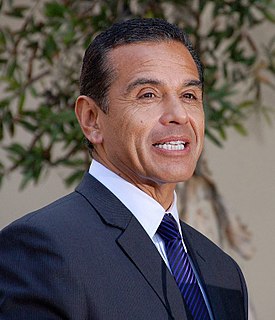A Quote by John F. Kennedy
There is, of course, a legitimate argument for some limitation upon immigration. We no longer need settlers for virgin lands, and our economy is expanding more slowly than in the nineteenth and early twentieth centuries.
Related Quotes
I guess I am nostalgic for a time - the nineteenth century and early twentieth - when writers were, to use Stefan Collini's phrase, "public moralists" and politicians, plutocrats, bankers, arms dealers, and experts and technocrats were not solely defining the moral norms as well as the political lives of our societies. We do have some writers claiming to be public moralists, but, as I said, they have actually been more jingoistic than even the henchmen of Bush and Blair.
One of the major changes in attitude that occurred in the world of art as we moved from the nineteenth into the twentieth century was that the twentieth century artist became more involved with personal expression than with celebrating exclusively the values of the society or the church. Along with this change came a broader acceptance of the belief that the artist can invent a reality that is more meaningful than the one that is literally given to the eye. I subscribe enthusiastically to this.
We need to enact comprehensive immigration reform, to bring people out of the shadows and empower them to more fully and freely participate in their communities and the economy. And we need to invest in our nation's deteriorating infrastructure - investments that would create jobs and benefit all sectors of the economy.
I know that many Irish-born New Yorkers are caught in the trap of our federal immigration policies. If we are going to continue to attract the best and the brightest - and Ireland has more than its fair share - we need to inject some common sense into our immigration laws, and I'm doing my best to make that case in Washington.
If it [the universe] was expanding fairly slowly, the force of gravity would cause it eventually to stop expanding and then to start contracting. However, if it was expanding at more than a certain critical rate, gravity would never be strong enough to stop it, and the universe would continue to expand forever.
In the late nineteenth and early twentieth centuries, old people in America had prayed, "Please God, don't let me look poor." In the year 2000, they prayed, "Please God, don't let me look old." Sexiness was equated with youth, and youth ruled. The most widespread age-related disease was not senility but juvenility.
There was also a national policy, which as a child I didn't know anything about. In 1924 the first major immigration law was passed. Before that, there was an Oriental Exclusion Act, but other than that, European immigrants like my parents were generally admitted in the early years of the twentieth century. But that ended in 1924 with an immigration law that was largely directed against Jews and Italians.
Had the white settlers in North America called the natives 'Americans' instead of 'Indians', the early Americans could not have said that the 'only good Indian is a dead Indian' and could not have deprived them so easily of their lands and lands and lives. Robbing people of their proper names is often the first step in robbing them of their property, liberty, and life.
For some time, I've said this issue of comprehensive immigration reform is not just an issue about immigration or human rights or civil rights, it's about our economy. You take 11 million people from out of the dark and into the light. The think tanks have surmised that you are talking about trillions of dollars infused into the economy.
Japan had a more radical experience of future shock than any other nation in the Nineteenth and Twentieth Centuries. They were this feudal place, locked in the past, but then they bought the whole Industrial Revolution kit from England, blew their cultural brains out with it, became the first industrialized Asian nation, tried to take over their side of the world, got nuked by the United States for their trouble, and discovered Steve McQueen! Their take on iconic menswear emerges from that matrix.


































